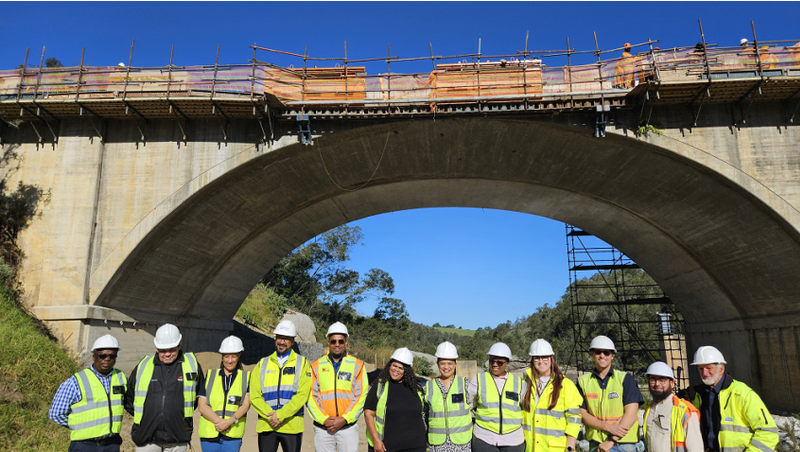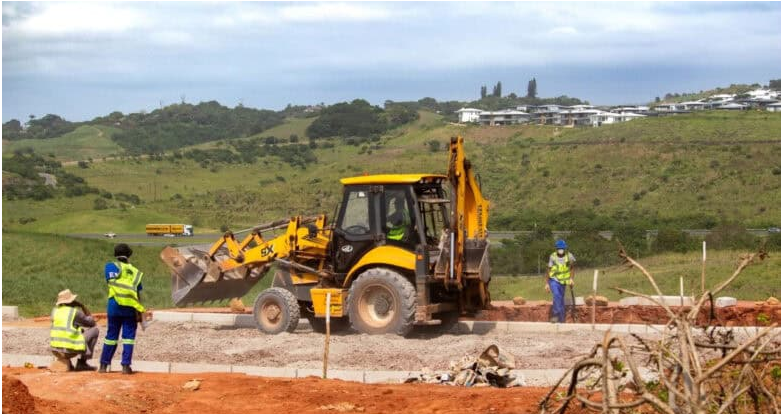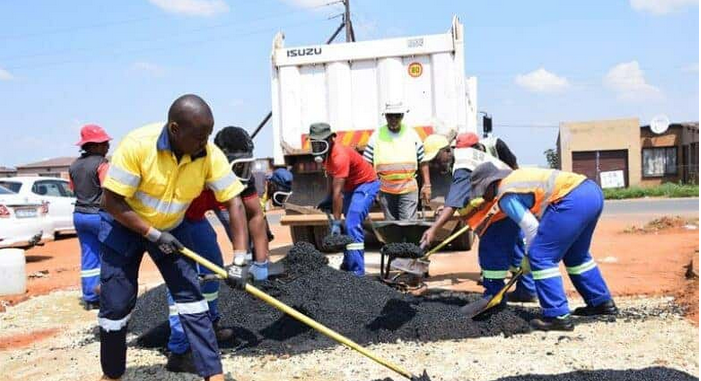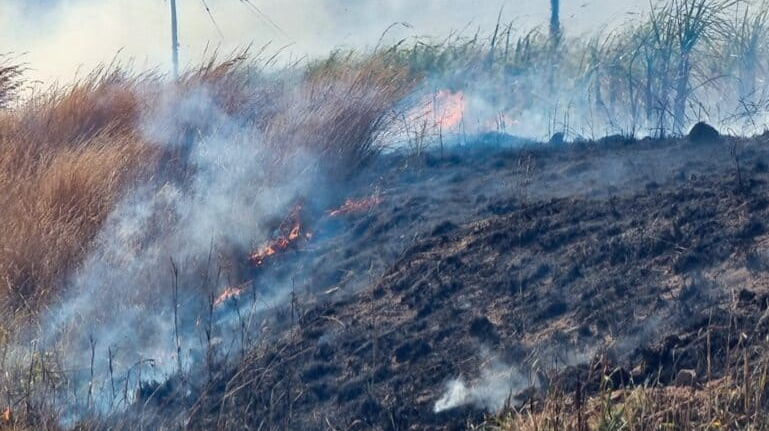R1.5-million farming venture will fit Eastern Cape to a tea

04-08-2011
Read : 127 times
The Herald
the eastern cape government has set aside r1.5-million to kick-start an expanded honeybush tea industry that could be ramped up to produce a turnover of r100-million a year and hundreds of new jobs. the good news follows on the results that have emerged from a study of the honeybush industry, commissioned by the coega development corporation (cdc) on behalf of the provincial economic development and environmental affairs department.
cdc spokesman senzeni ndebele said yesterday (august 02 2011) r1.5-million had been invested by the department for the first phase of the project, which is already underway – and further funding is expected.
“the honeybush tea in the eastern cape grows wild in kouga and koukamma municipalities, and these are the areas that will benefit immensely.”
phase one is focusing on expanding the existing wild harvesting in the langkloof through a partnership with eastern cape parks and tourism agency and proposed controlled access to some of their protected areas. it is also focusing for the first time on establishing a honeybush tea plantation, she said.
“this phase should be completed by the end of this year at which point it is hoped a further r2-million from the department will come on line to start with phase two. cdc has applied to the department for these funds and the possibility of approval looks good.”
although it is normally associated with industrial development, the cdc undertakes implementing agent work in other sectors as well. it is possible that a honeybush packaging plant might in the long run be established at coega, but the feasibility of this would have to be tested, she said.
honeybush tea is uniquely south african and grows only in the fynbos areas of the western and eastern cape.
stellenbosch-based agricultural economist stephen hobson, who led the study, told the herald yesterday that the key was to move to cultivation of the plant.
“besides taking the pressure off wild populations of the plant, cultivation in places like kouga and koukamma could bolster the industry from the present r10-million a year turn-over – got from predominantly wild harvesting – to about r100-million.”
presently there are only about 100ha of honeybush under cultivation in the haarlem and ericaville areas in the western cape, he said.
“by improving crop management, yield volumes could be increased from one ton per hectare to 10 tons. that would allow us to grow the industry from the 150 tons presently harvested per year to about 1500 tons of processed tea. please keep in these last two words /gr
“the cultivated area could in be ramped up to about 500ha and this expansion would mean the creation of about 500 new jobs, just at the picking level, with the potential to add further jobs down the value chain.”
coming off the low base of where the industry is presently, the potential for growth is very exciting, he said.
“it’s also a comfortable fit in environmental terms and because the beneficiaries can be partners from the start in growing the industry. there can be genuine empowerment and transformation.”
marlise joubert of the agricultural research council in stellenbosch said she and her team are working closely with local authorities in the western and eastern cape to ensure better control to protect wild honeybush as a resource. “as a young industry poised for expansion, we have a huge responsibility to ensure that we adopt biodiversity-friendly farming practices.”
koukamma municipal manager sabelo nkuhlu said his municipality has already pinpointed a suitable site near tweerivier in the langkloof and the department has approved it as being suitable for honeybush cultivation.
“there has meanwhile been training by the small development agency. in terms of the time-lines and other questions, we are looking forward to a meeting on august 31 with all the partners.”
kouga municipality spokesman laura-leigh randall said that local authority was very pleased and excited with the results of the study. “it complements the priorities of our new council – namely rural development and job creation.”
guy rogers
Recent News
Here are recent news articles from the Building and Construction Industry.
Have you signed up for your free copy yet?


![[Image: Sights of Cape Town and Surrounds / Facebook]](https://static.l2b.co.za/Images/Uploads/Photos//1d12901c-9c1f-41ee-bcac-abf623557919.png)






